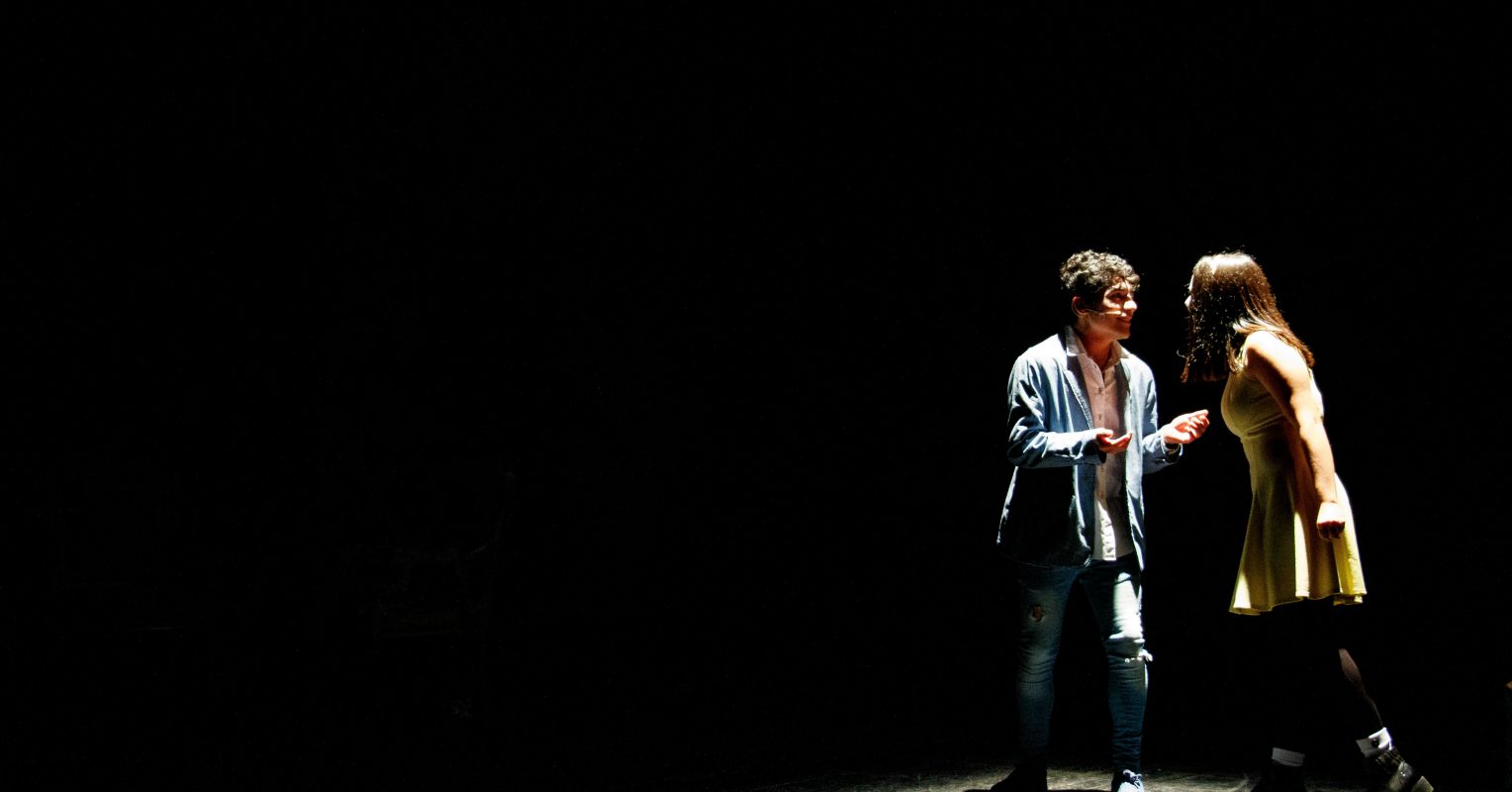
"We choked and were playing the scene we wanted to be in, instead of paying attention to each other and accepting the new scene as it unfolded during our showcase. At some point, I noticed one of my classmates pretending to be the wings of a plane. Then someone else jumped in to be the engine. The problem was that this was a bit we did during class that really landed. We were trying to recreate something that worked, and it fell totally flat."
"If an improviser is thinking about how they want the scene to go, they can't pay attention to how the scene is actually going. For example, if my scene partner is miming wiping down a counter, saying, "We close at 8," but I want to be in a scene where I'm a princess, I might say something like, "Let me out of this castle, Daddy!" As much as I want to be a princess, the scene is about something else."
Improvisers are taught to play the scene they are in, not the scene they want to be in. A six-week summer intensive at iO culminated in a showcase where performers tried to recreate a class bit and it fell flat because they were not accepting the unfolding reality. Radical acceptance in improv means noticing what is actually happening, listening to teammates, and responding to that reality. If a scene partner mimes closing a store, an improviser must accept that premise before layering additional character choices. Radical acceptance as a DBT skill involves admitting reality, checking in with feelings, and then proceeding from there.
Read at Psychology Today
Unable to calculate read time
Collection
[
|
...
]